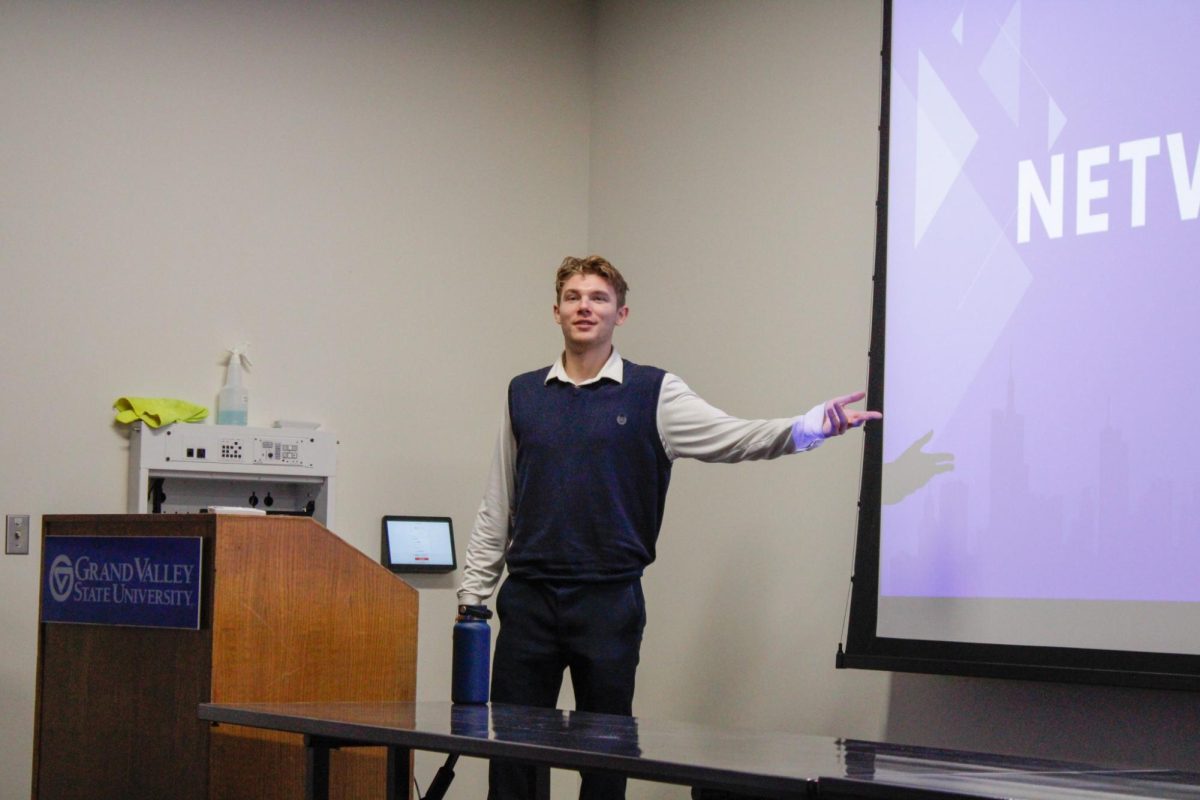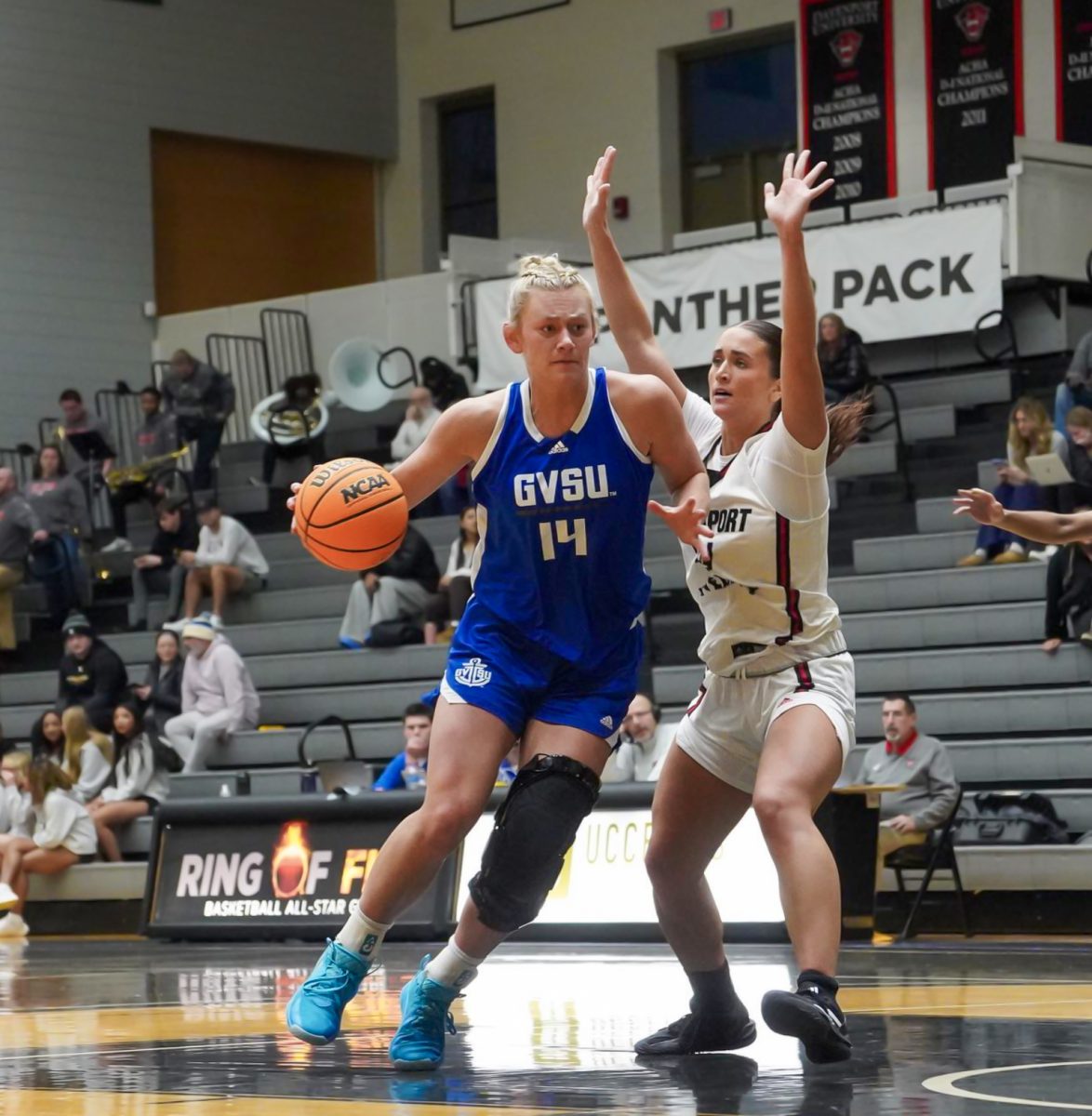Cybersecurity Awareness Month focuses on online info security
Nov 9, 2020
As lives shift online with each new technological innovation or digital service, it’s more important than ever to be aware of dangers on the internet. Since 2004, October has been designated as Cybersecurity Awareness Month, and its purpose is to bring awareness to the significance of taking proactive steps to ensure the safety of information stored online.
Students, especially this year, are uniquely well-versed in the world of information kept in cloud-based notes apps, online accounts and autofill dialogues on dozens of websites. It’s fair to say that most students nowadays grew up using the internet and have plenty of experience creating complicated passwords and unique usernames to keep identities anonymous. What we may overlook, though, is just how easy it is for all the important information stored online, like addresses, credit card numbers, and passwords, to end up somewhere it shouldn’t be.
Professor Vijay Bhuse, who teaches in Grand Valley State University’s School of Computing and Information Systems, is an expert in cybersecurity and staying safe online. In teaching new students, he said he likes to start with some healthy skepticism.
“The first thing I want to make them aware of is that everything they do on the internet is not secure,” Bhuse said. “We have some security mechanisms, but they are not foolproof. We have secure systems and software, but you should use them properly and be aware of the threats.”
One of the easiest ways to be more secure online is to only use trusted, safe websites for everyday browsing. Although sites promising access to things like free movies and music are common, they’re usually filled with suspicious links and popups that can install viruses or malware used to gain access to your system. The whole point of those viruses is to take advantage of inexperienced users, and certain viruses can really wreak havoc on personal data that isn’t securely stored.
It’s good practice to learn what kinds of links are real and trustworthy, and to not take chances on clicking on something that looks too good to be true. Advertisements and links for free games, movies, or other expensive programs are dishonest the vast majority of the time, and those are the types of links that prey on users that aren’t aware of good cybersecurity practices. There’s no way to predict what kinds of data might be exposed by viruses, so avoiding them at all costs should always be the goal of anyone using the internet.
“If bad luck and stupidity happens at the same time, the possibility for losses is limitless,” said Bhuse.
This mindset becomes even more important when considering just how many websites require sensitive information. Old personal accounts can still hold data like addresses and credit card numbers, and those accounts are easy to forget about. Being aware that information is tied to old accounts until they’re closed is vital, and keeping an eye out for security breaches on previously-used websites is a good way to make sure no current accounts can be accessed with a leaked password.
“It’s a cat and mouse game,” Bhuse said, “It never ends; you have to keep updating passwords and software all the time. That’s just the nature of cybersecurity.”
It’s also vital to consider the longevity of what is posted online. Pictures, tweets, and other posts are pretty much impossible to remove once they’re uploaded, and self-deprecating content can have dire consequences if it’s discovered at a later date. Bhuse explained that it’s always smart to think ahead before posting anything online.
“Once something is on the internet, it’s hard to get rid of it,” Bhuse said. “Think of your own privacy. Take it seriously. Don’t upload things that you don’t want to publicly share.”
Students living in this digital age might feel invincible online because of how long they’ve been using the internet, but viruses, malware and data breaches can affect anyone regardless of their experience level. Trustworthy and popular websites deal with data breaches all the time and whatever information is leaked can be very valuable to hackers and other online criminals.
“College students like you guys have been using the internet since you were little kids — you’re digital citizens,” Bhuse said. “You have to know how to use the existing solutions and best practices.”
Above all, just like Bhuse teaches his students right away, a healthy sense of skepticism online is always needed to ensure safety. Cybersecurity Awareness Month exists to bring awareness to what can happen if users don’t take the internet seriously, and in our increasingly-digital lives, everyone could benefit from being mindful of how they use the internet.



























